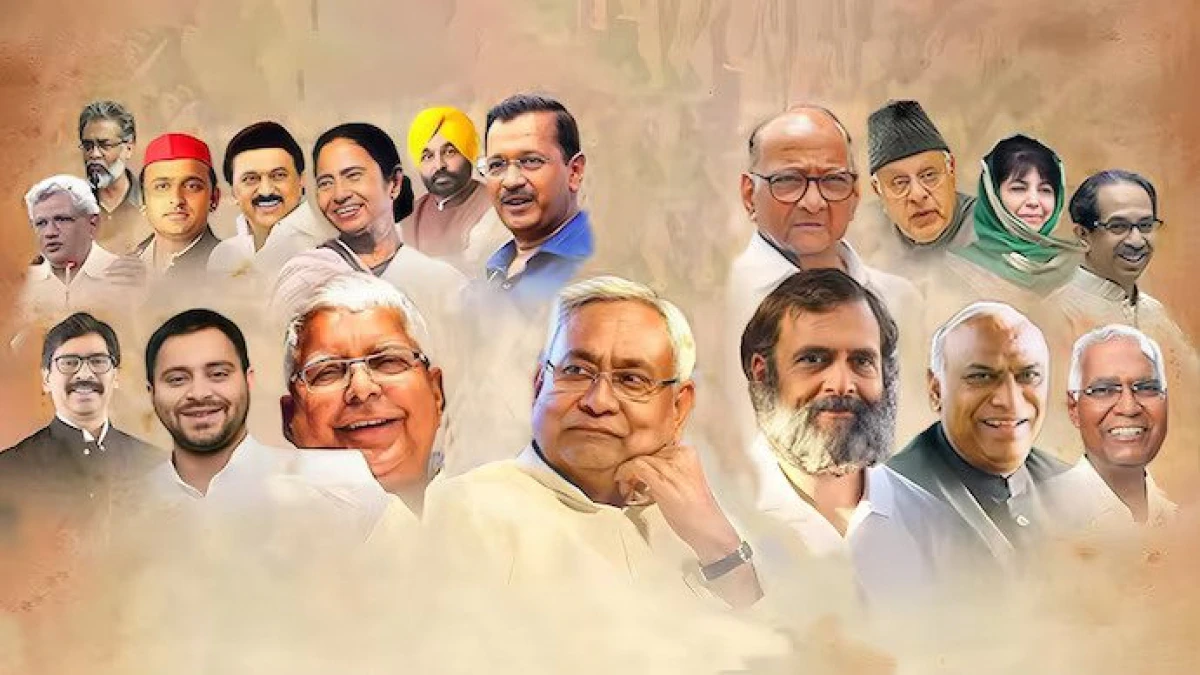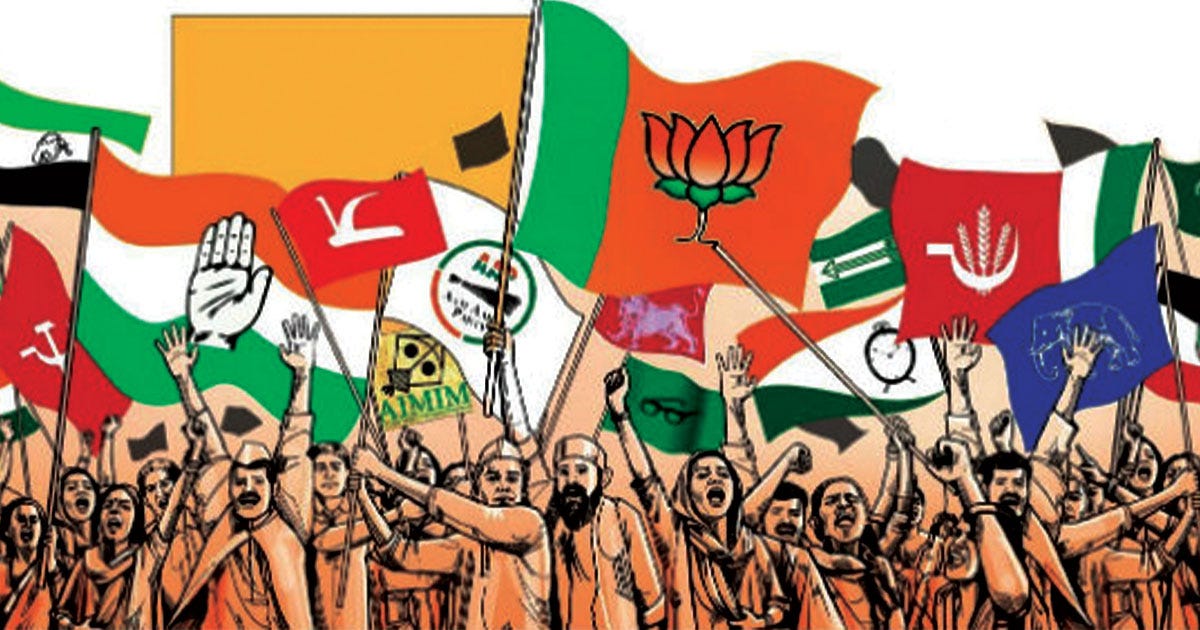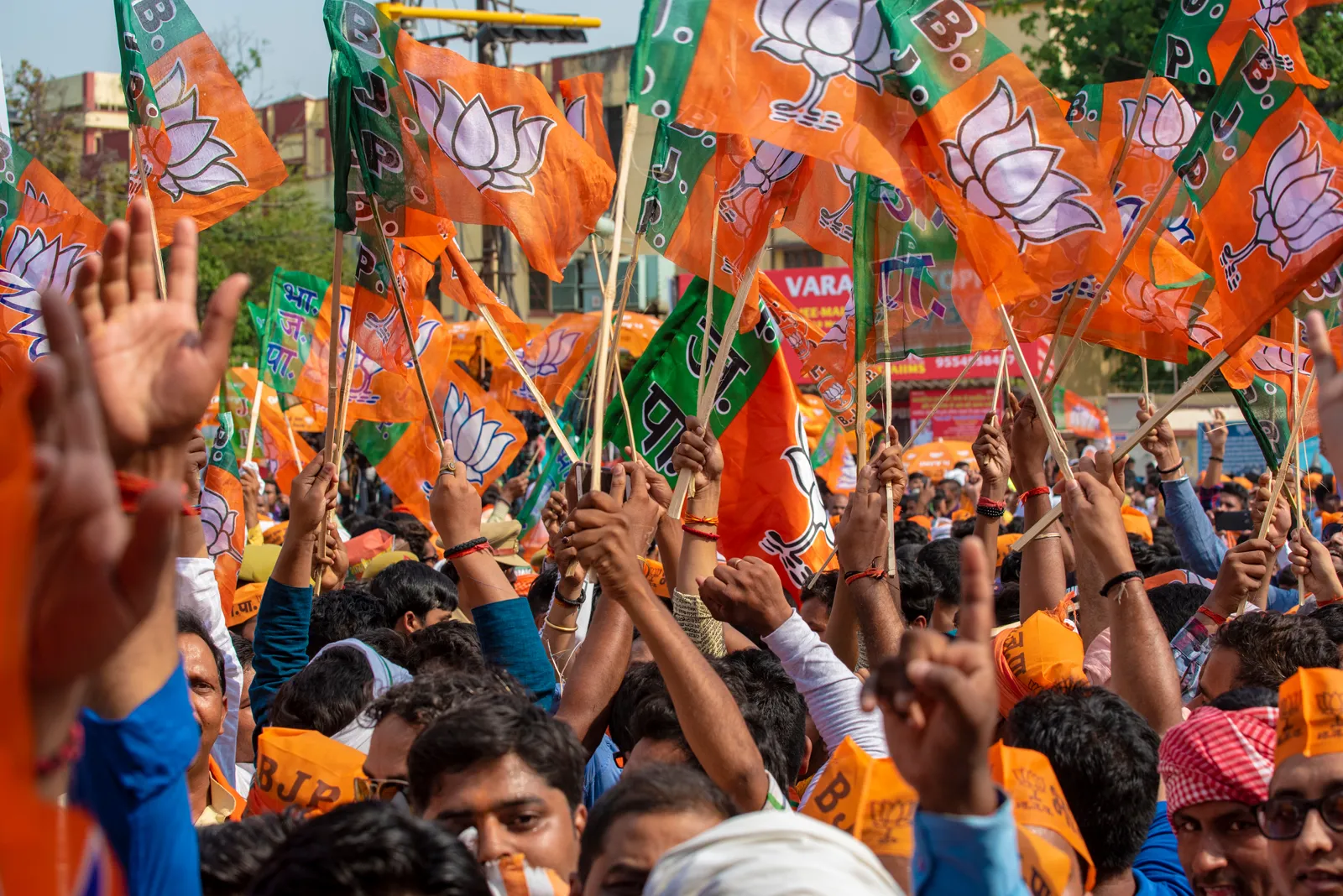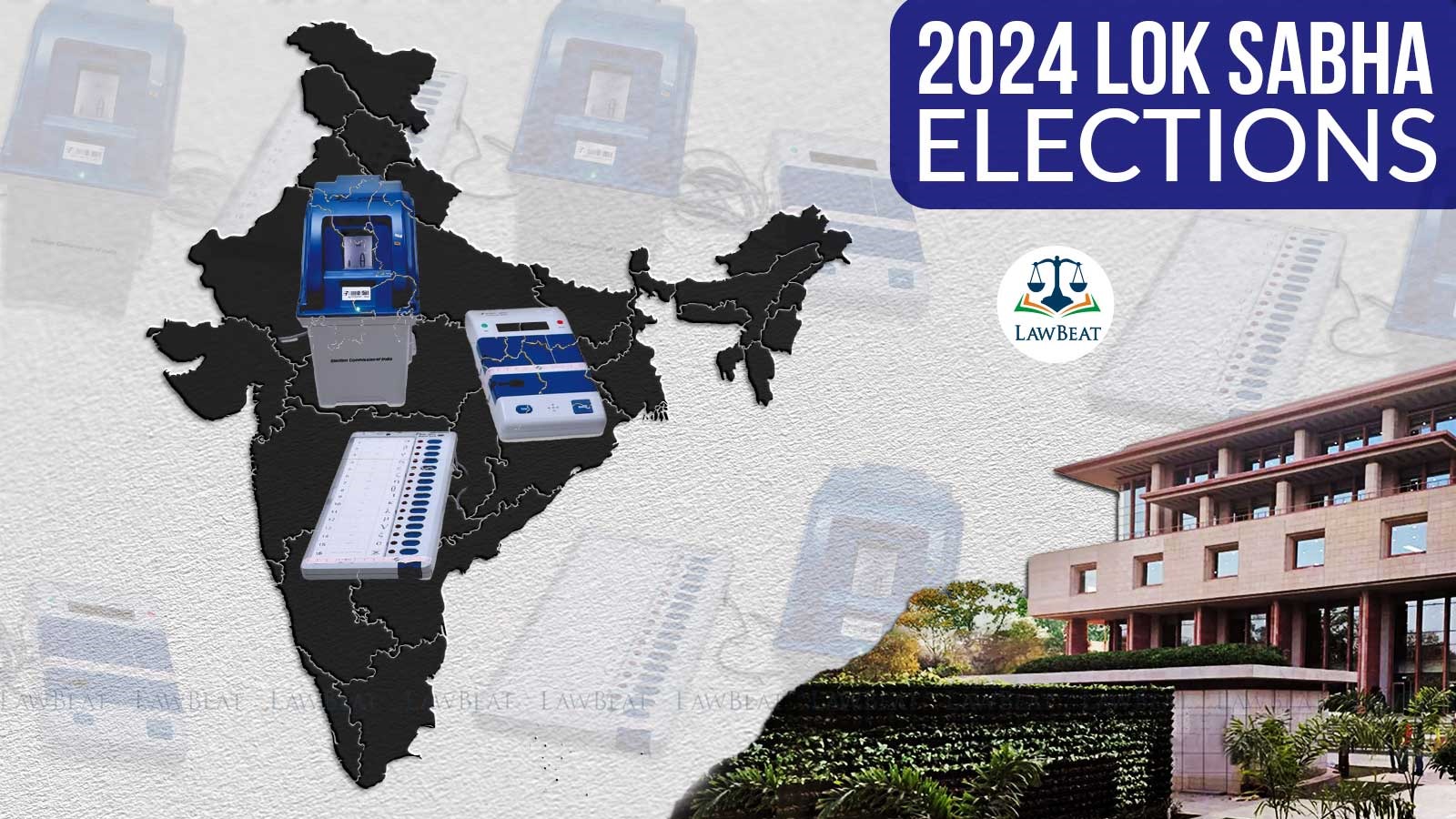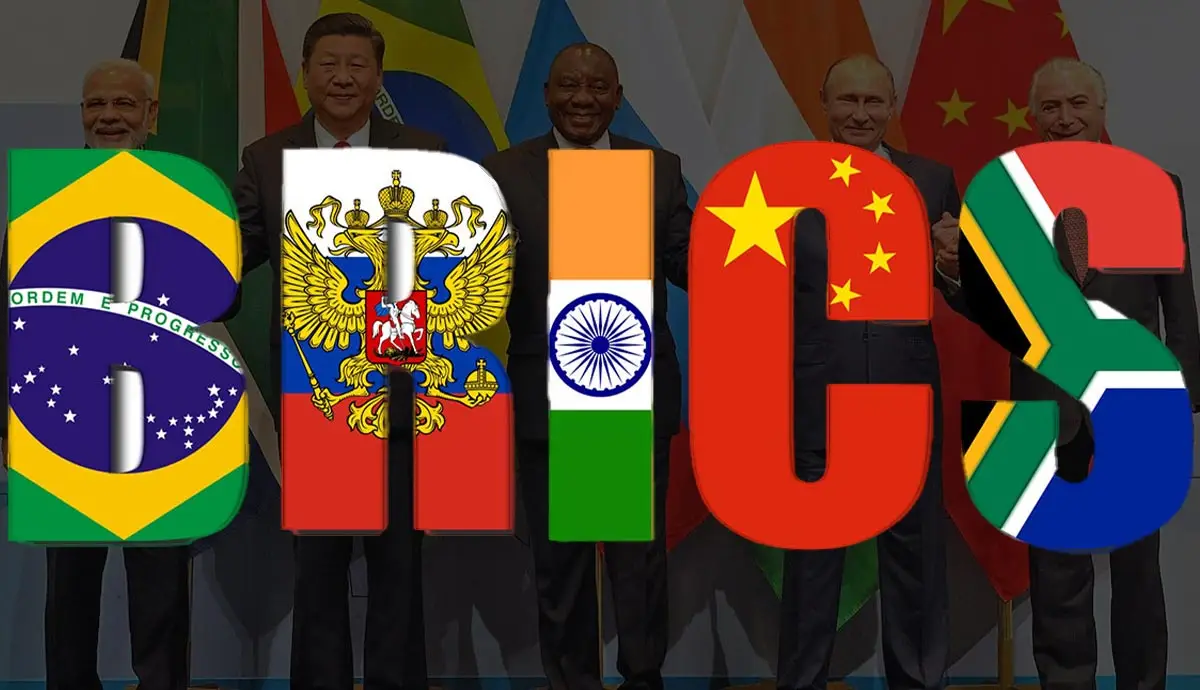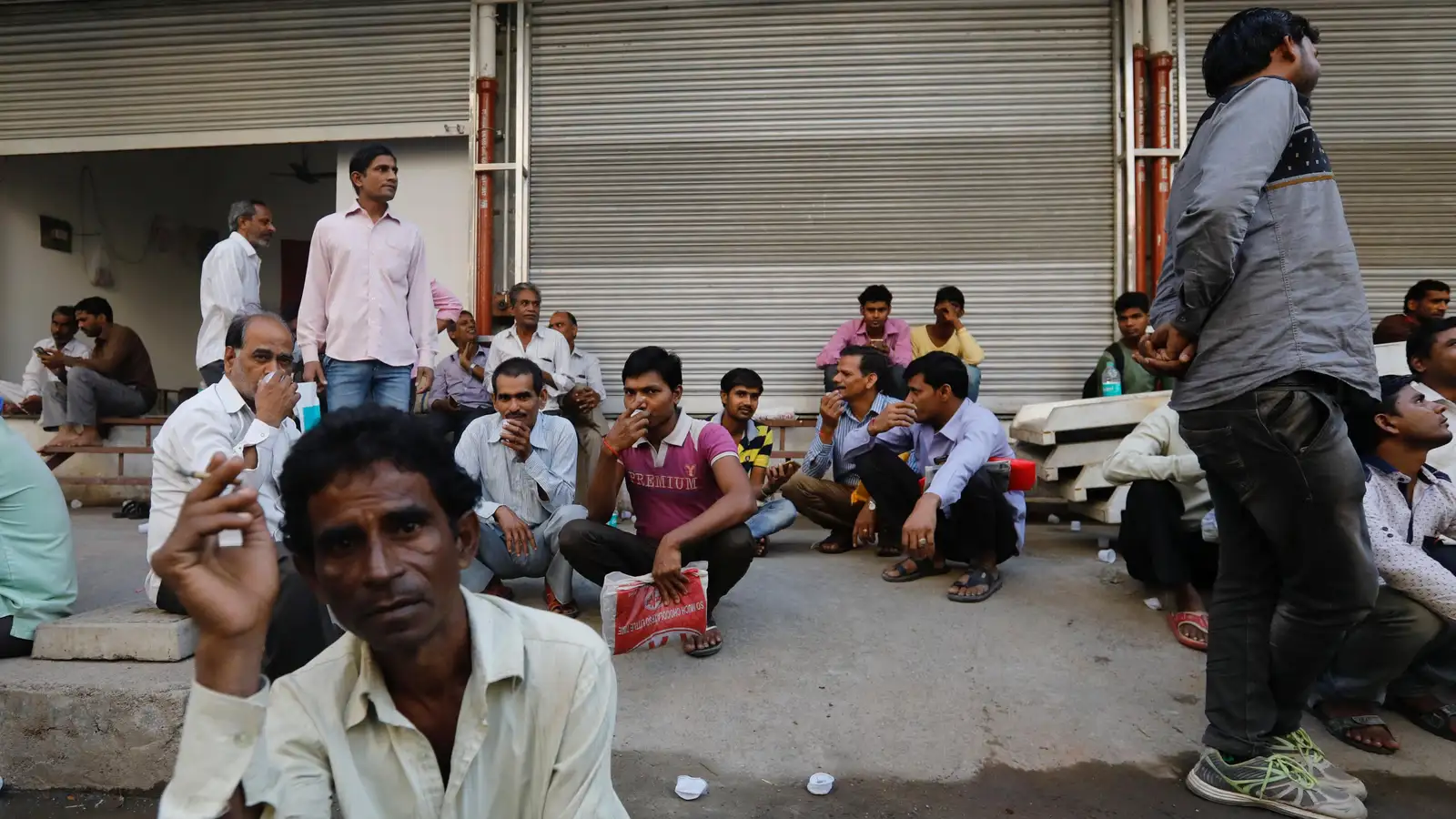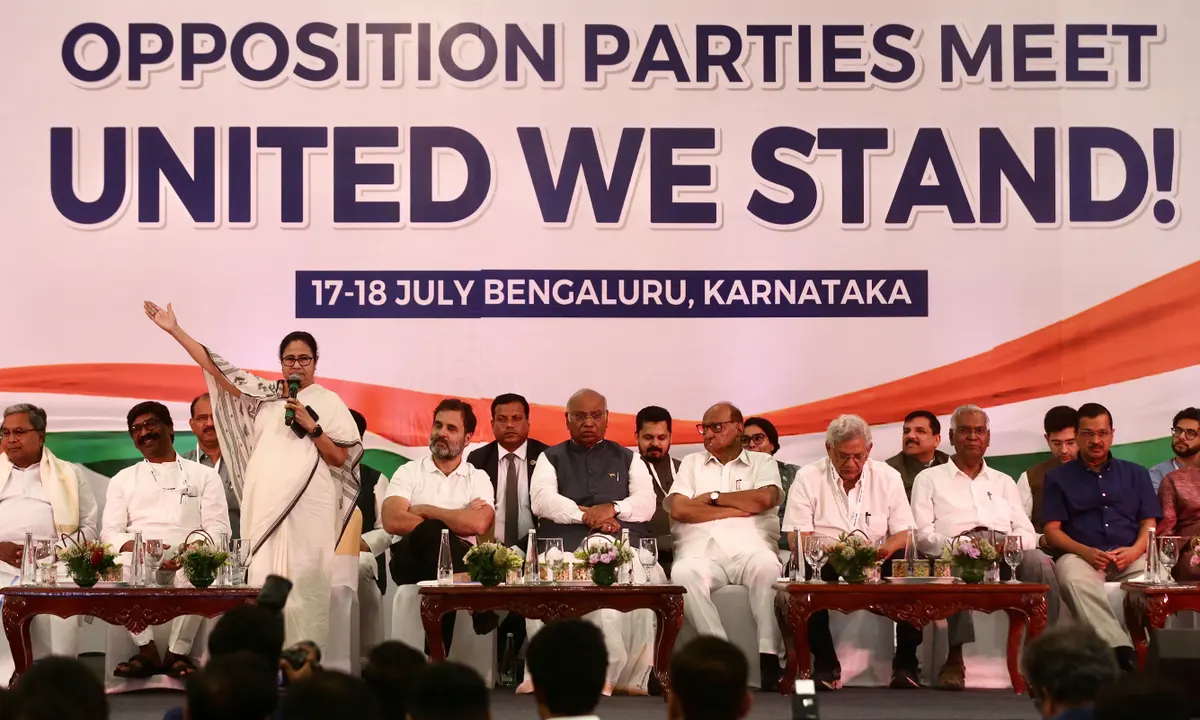There has been evident discontent among the recently established Indian National Developmental Inclusive Alliance (INDIA), a coalition of 28 opposition parties, due to the Congress party’s focused concentration on the approaching assembly elections in five states. Originally seen as a unified front against the BJP in power, this coalition has run into internal discord and mounting worries over the Congress’s exclusive focus on state elections.
Nitish Kumar, the chief minister of Bihar and a pivotal member of the coalition, voiced his displeasure with the Congress’s disregard for the India bloc. Speaking at a rally in Patna, Kumar bemoaned the fact that the alliance’s broader goals had been eclipsed by the Congress’s dedication to the assembly elections. Members of the alliance have not been pleased with the Congress’s apparent plan to postpone calling the next INDIA conference until after the state elections are over.
Both Nitish Kumar and RJD chief Lalu Prasad Yadav have aggressively attacked the BJP in spite of this disagreement. They demanded a 65% quota for OBCs, SCs, and STs in the Ninth Schedule of the Constitution, similar to Tamil Nadu, and released a comprehensive caste and socioeconomic assessment carried out by the Bihar government. In addition, they demanded that Bihar be granted Special Category Status in light of the survey’s results.
Akhilesh Yadav, the leader of the Samajwadi Party, took a more combative attitude, publicly criticising the Congress. Akhilesh hinted at a possible reassessment of his position within the India coalition following the failure to come to a seat-sharing agreement with the Congress in Madhya Pradesh. Akhilesh continued to criticise the Congress in his election speeches, suggesting that the SP’s plan would beat both the BJP and the Congress in the 2024 elections, despite the Congress’s claims that the alliance is solely for the Lok Sabha elections of 2024.
Even though there have been rumours of a potential ceasefire between Akhilesh and the Congress following the Madhya Pradesh elections, his recent actions highlight the potential obstacles that the grand coalition may encounter before the Lok Sabha elections.
It was clear that all parties involved would have to put aside their historical conflicts when India was founded. The parties’ initial readiness to work together on matters like unemployment, inflation, communal harmony, and democratic backsliding under the BJP government was evident from discussions held in Patna, Bengaluru, and Mumbai. The need for a national caste census served as the unifying ideological thread that positioned India as a platform for opposition to the BJP and as a pre-poll coalition for 2024.
But the concept of India has been pushed to the backseat as a result of the Congress’s focus shifting to assembly elections. The leaders of the coalition seem to be unhappy, which means that a lot of work will need to be done to revive the idea of a united front. The assembly results might have a significant impact, strengthening the alliance or escalating leaders’ dissatisfaction in India.
Numerous Indian parties, such as the SP, RJD, and Shiv Sena, rose to prominence through their historical opposition to the Congress. Given the BJP’s dominance over the previous ten years, it is now imperative for these parties to come together against it, notwithstanding their disagreements. To inspire party members to take up arms as a group, leaders must provide a clear message.
Akhilesh Yadav’s worries that the Congress would unintentionally work against the Samajwadi Party’s interests by advocating for a caste census in Uttar Pradesh are among the other obstacles the coalition must overcome. In states such as Uttar Pradesh, unity may require both parties to concentrate on subjects that appeal to people of all castes and classes.
Disparities between national and regional goals within the India alliance are emerging as the Congress stresses a nationwide caste census in its campaign. The results of the assembly elections will probably influence the alliance’s future course. Gains for the Congress might be a catalyst for reconciling internal divisions and creating a strong alternative in the run-up to the Lok Sabha elections. Due to their shared concerns, the Indian parties are likely to give dispute settlement a higher priority than escalation. The idea of India can only become a realistic alternative on the political scene with strategic cooperation and support.
